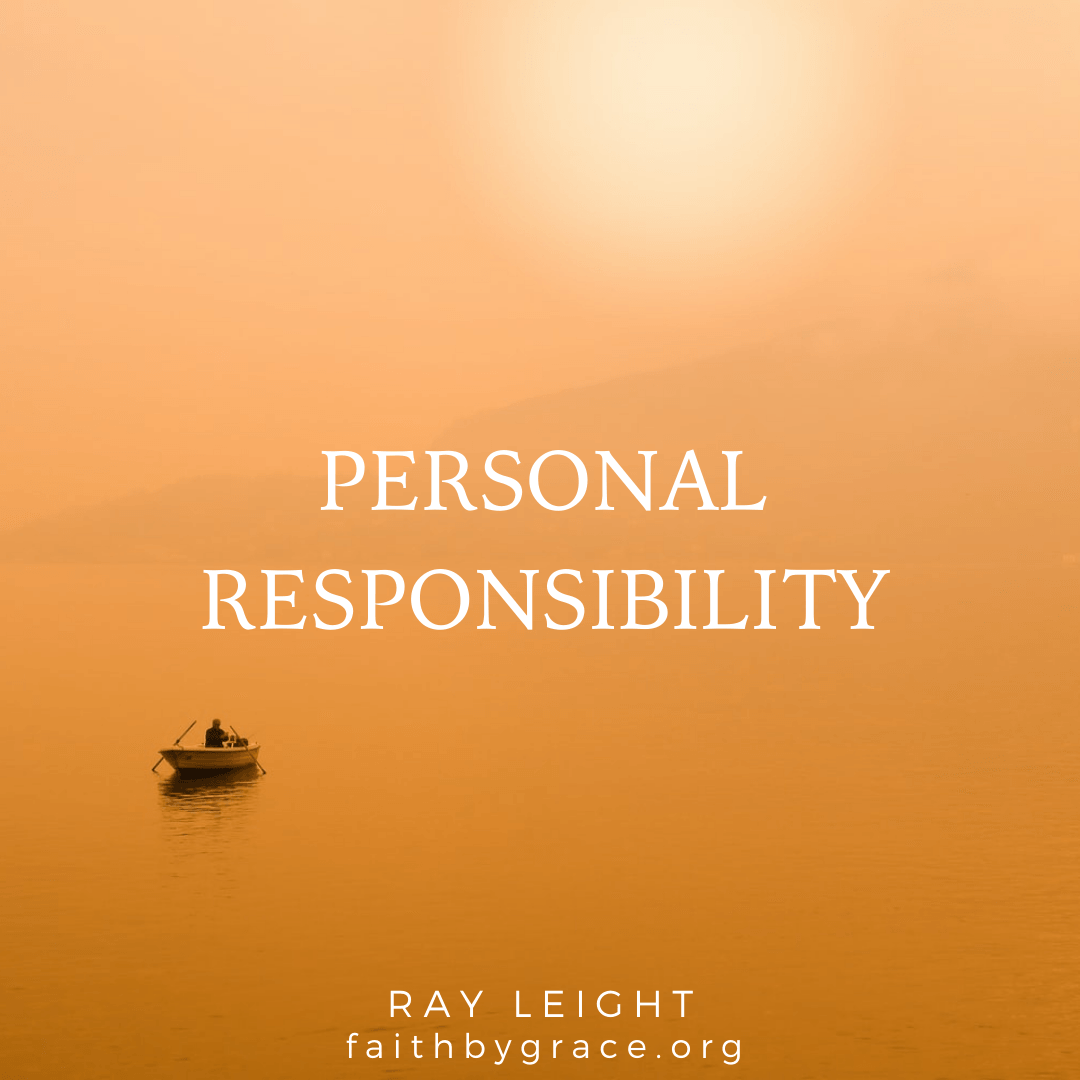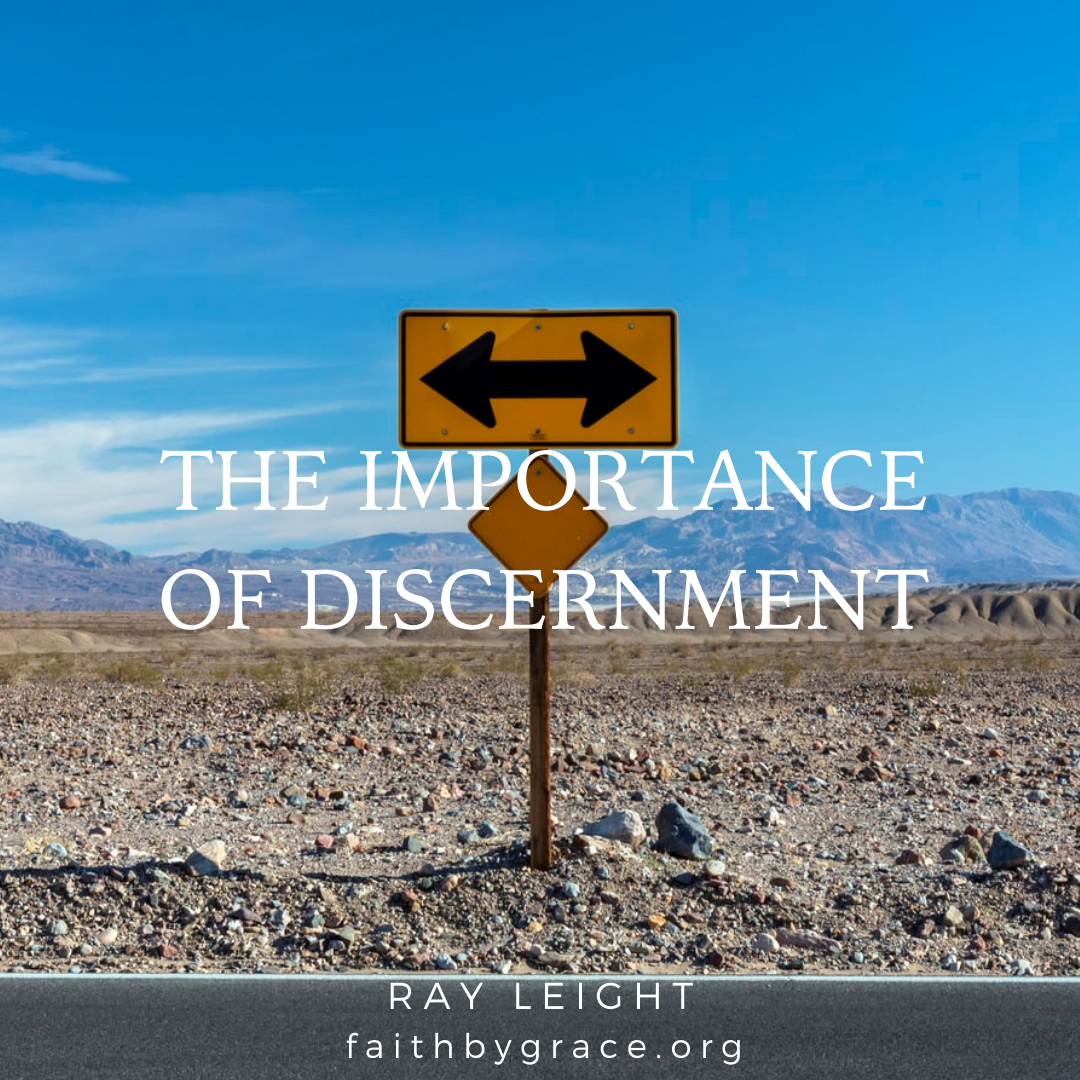









Have you ever replayed the scenarios and outcomes that could have been different in a loss you experienced?
In this blog we are going to explore the aspect of the grieving process commonly referred to as the bargaining stage. This is one of the more dynamic aspects of the process. We can go from fantasy negotiations, to replaying all the possible scenarios, to looking at all the things that should have or could have been done differently. All the while attempting to escape from the reality of what happened. I see this as a more imaginative way to use denial. I think this connects with our inability to understand or accept the loss we just experienced. It is interesting to me how we can go from the original shock and denial into a type of intellectual denial through the fog, and then into this more imaginative denial. This aspect of denial can cause an emotional roller coaster ride that is exhausting.
“If only,” is one of the common thoughts in this aspect of the process. If only I had …, if only they had …, if only I knew…, if only…, if only…, if only! It can go on forever. It seems there is a never-ending list of possible scenarios and options about how it could have been different. We so don’t want what happened to be true, that we fantasize about how it could be different.
You may or may not experience this aspect of the grieving process. This might not be your style of coping mechanism. Although, most of us will experience this in some way after a loss. The frequency and intensity at which each person experiences this can vary as well.
You may find yourself exploring all the different options in the fantasy of outcomes, or you may focus on one specific thing. I think the response you have in this area depends on your emotional and relational upbringing. For me personally, I tend to get angry with myself and God when things go wrong. I don’t waste my time on other people, I go right to the top. When I experience loss, I don’t dwell on what other people could have done, or should have done, so that it could have turned out different. I focus on what I should have already known so that I could have effected change in the situation. When I am done with that, I go right to blaming God for the issue. I think this style of response is linked to the pattern of abuse I endured growing up. I was treated as if I didn’t know anything, yet was expected to already know everything. I believe this helped influence how I respond to loss and to things going wrong. We will explore the need to process these types of emotions and issues with God in a future blog.
You may respond differently. You may lean more towards negotiating with God to change things, offering something in return for your request, such as your devotion to Him or some type of service. There are many variations of this theme. God can handle whatever direction you go with this. Each one of us needs to work out our grief in the way that fits our personality.
Instead of just denial, I have found that the bargaining stage can also be used to establish guilt. As I mentioned, this can be linked to your own upbringing and issues. One of the reasons we try to establish guilt could be because the circumstances seem so unfair and unjust. You may blame others, blame yourself, or find a way that there needs to be punishment for what happened. There may be feelings like—this isn’t right, so someone must be wrong! This is part of the emotional roller coaster ride I was referring to. You may shift from sadness, guilt, shame, resentment, regret, anger, disappointment, excitement, loneliness, joy, fear, blame, or countless other emotions, over and over again.
Yes, it is unfair! There is nothing fair about loss. Remember, loss is not part of the kingdom. It is not something we will ever understand. I don’t think it will ever feel just and fair.
Even though reviewing your loss and trying to restructure what happened are common experiences in the grieving process, they are not very productive. I recommend returning to reality as soon as you can. Getting stuck in this aspect of the grieving process can cause you to obsess and not move forward. It can damage relationships and cause additional and unnecessary pain.
Another common experience with this aspect of the process is a sense or a feeling like you personally have done something wrong. Along with the trauma of the loss, the grief, depression, and the loneliness, a feeling of guilt can also start to grip you. Not only can you get a false sense that you are responsible for the loss, you can also get a feeling as though you are processing it wrong, or somehow not quite handling your grieving right.
I remember after our home burned, I walked around with an internal sense that I was doing something wrong. I couldn’t even find words for it. It was a weird experience that I think connected to just how wrong the whole experience was, and my inability to accept the loss at first. Remember, none of this has to make sense. So much of what we go through in grieving is not a rational thought process. I believe the feeling I was experiencing helped initiate some of the imaginations of what I could have done differently, or what I should have already known.
This aspect of the grieving process is a type of distraction that if unchecked, could cause you to stay in a loop of possibilities that can steal the life that is available. This can contribute to an attitude of unforgiveness, resentment, and anger that overtakes the process of freedom, peace, and joy being restored in your life. If you find yourself continuing to loop through this aspect of the process without resolution, I recommend pursuing help from someone qualified.
Forgiveness for the things you come up with in this process is vital to your ability to move on. They could be legitimate mistakes made or imagined possibilities. Either way, if you don’t let go of these, your forward momentum can be stunted. If you need help with forgiveness, Chapter Seven of my Identity Restoration book will help you understand and be able to forgive.
There are many things that could have been done or should have been done differently. If it could be done over, there are things that would be done in a different way. The problem is, it can’t be done over, and replaying all the options will just continue to cause pain. The continual comparison of your current situation to different fantasy outcomes can keep you in a loop where you repeatedly experience the loss.
Each time you let go of one of these imagined possibilities, it is a step toward acceptance of your new normal. This will allow you to move forward. A very helpful tool in this process is to pay attention to your thoughts and feelings as you engage and disengage from these outcomes. This will allow you to work through your thoughts and help you decide how you want to live your life now.
Blessings,
Ray









